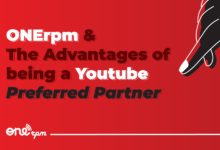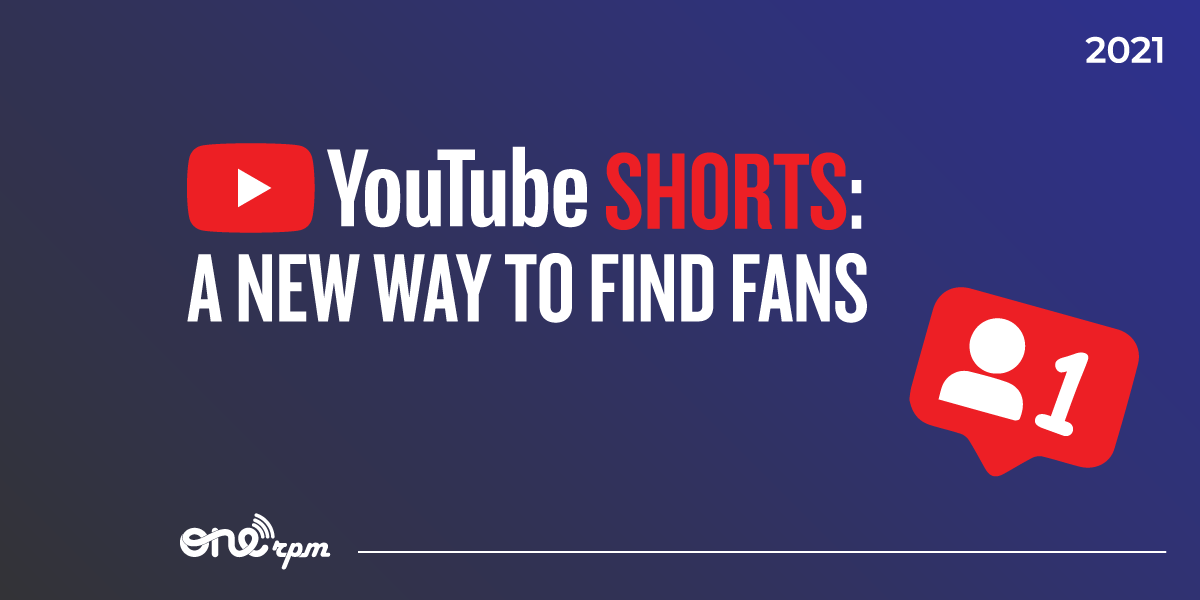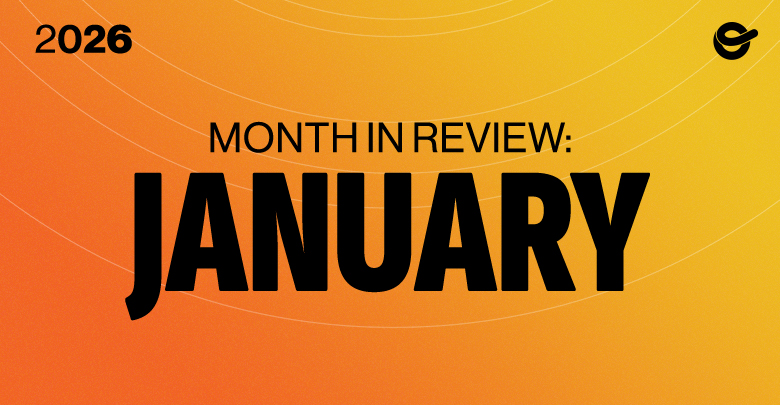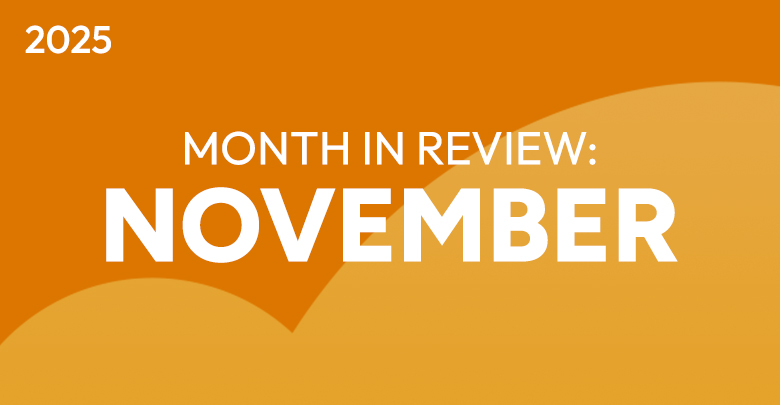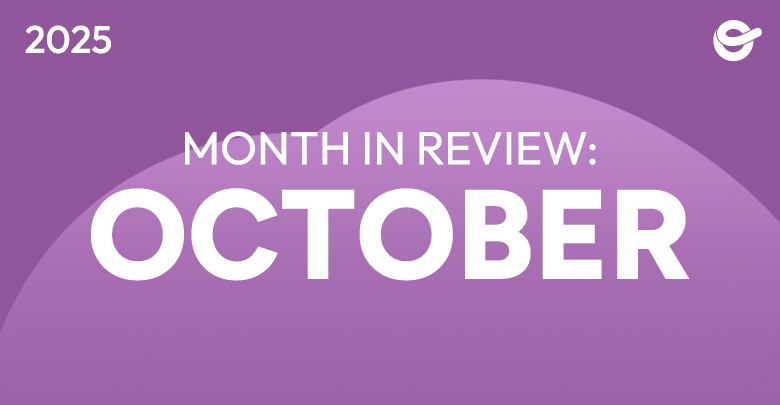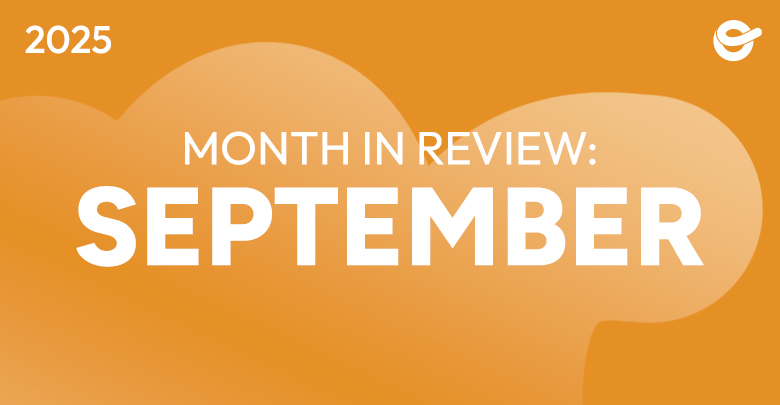
Vertical Integration at Live Nation
Storm clouds loom for music giant Live Nation, and their ticketing arm Ticketmaster
Live Nation and Ticketmaster’s stranglehold on the market has never been more evident than in the post-pandemic ticketing landscape. Artists and fans big and small have all felt the effects of hidden fees, increased pricing, and poor customer service. While waves of controversy have rocked the ship on many occasions, an upcoming lawsuit from the DOJ might just push things over the edge for the live music behemoth worth $22 billion.
First, some background
In 2009, concert promoter giant Live Nation announced plans to merge with Ticketmaster. The idea of two of the largest entities in the live music industry joining forces was immediately met with concern from fans, artists, and anti-monopoly watchdogs. It looked an awful lot like vertical integration, which, as fans of 30 Rock know, has potential to end badly. Bruce Springsteen, in a message to fans, called the merger “the one thing that would make the current ticket situation even worse.” More than 25,000 fans signed a petition to block the merger, concerned that “the proposed monopoly will also align previously competing interests, thereby allowing them to deliver key competitive information to keep prices (including access to venue, promotions, and ticket sales) at a premium.”
Regulators, however, disagreed. The merger was approved by the US Department of Justice in January of 2010, pending some conditions. Namely the new entity, Live Nation Entertainment, had to agree to a 10-year order that it would not retaliate against venues or tours who chose ticketing companies other than Ticketmaster. How nice of them! Right? What could go wrong?
What’s going on now
In 2019, the anti-retaliation order was extended for another 5 years after DOJ investigators found that Live Nation violated the agreement. This was a pretty clear sign that maybe everyone who spoke out against the merger was right.
Following all of this hoopla, the DOJ launched an investigation in early 2022, and more fuel was added to the fire that fall when Ticketmaster poked the bear, botching the fan presale for Taylor Swift’s Eras Tour. Despite their assurances to Taylor’s team that they’d be able to handle the demand, the Ticketmaster website crashed and many Swifties were left confused, angry, and ticketless. Ticketmaster blamed bots, but hordes of the most ravenous fans known to man (Swifites), and politicians alike blamed Ticketmaster’s stranglehold on the market, saying that the poor customer service and convoluted purchasing process was a symptom of Tickemaster’s lack of competitors and its vertical integration with Live Nation.
In April 2024, the Wall Street Journal and Washington Post both reported that the US Department of Justice is preparing to sue Live Nation for antitrust violations. The lawsuit is expected to come as soon as this month, and though Live Nation has been scrambling to avoid it, it’s seeming more and more inevitable.

What could happen
As of this writing, Live Nation and The Department of Justice are in last-minute talks to try to avert a lawsuit, but the general consensus is that this case will have its day(s) in court, which Live Nation isn’t thrilled about.
Whatever the ultimate outcome of a lawsuit is, the only guaranteed result is that all of Live Nation’s dirty laundry is going to be aired. There are undoubtedly tons of juicy details about backdoor dealings that are going to come to light, and fans of industry gossip and scandal are going to have plenty to sink their teeth into.
So what could the outcome be of this big lawsuit? Well, there’s a distinct possibility that the company settles the case and agrees to some substantive adjustments to their business model – this is usually the outcome of these types of cases, with one prominent example being Microsoft in the 90s. We might see something similar with Apple this year. This is the easiest way for the company to save face, rectifying the situation without being found to be at fault.
The other possible result is that Live Nation and Ticketmaster could be forced to split up. Live Nation said on their Q1 earnings call that they don’t think that could happen, but that could just be spin to salvage their stock prices. Most commentators seem to agree that reversing the merger seems to be a real possibility.
What a Ticketmaster/Live Nation split could mean for artists & fans
It’s difficult to speculate as to what exactly the outcome would be if Live Nation and Ticketmaster were forced to part ways. It’s worth noting that Ticketmaster had accusations of stifling competition and exorbitant fees long before 2010, so it’s not clear if splitting the two companies would really be enough to fix the broken system.
It would, however, be a big boost to Ticketmaster’s competitors if Live Nation-owned venues started looking at other ticketing solutions that provide a better customer experience. And that would likely force Ticketmaster to take a long, hard look at what it needs to do to stay competitive in a market where it can’t rely on its parent company for guaranteed business.
A Well-Worn Thread Ready To Snap
Ticketing has been a pain point for artists and fans for years now, and in a streaming-dependent music economy, artists earn most of their keep on the road. As the cost of living has increased for everyone around the country (and world), artists and organizers have been no exception. Festivals large and small have had to cancel this year, and as a general rule, mid-sized bands are finding themselves squeezed by the failure of their performance fees to keep up with the cost of gigging.
Here and there we’ve begun to see cracks in the system. Some artists, including The Cure and Tyler Childers, have started to reduce the costs to fans by making non-transferable tickets the standard on their tours. Yet, an industry-wide issue can’t be materially changed by a few good actors.
All this is to say, while Live Nation might wriggle their way out of this one, something is bound to break soon. At the least, we can certainly expect bigger and better headlines as the saga of hidden fees and jacked-up prices continues.




